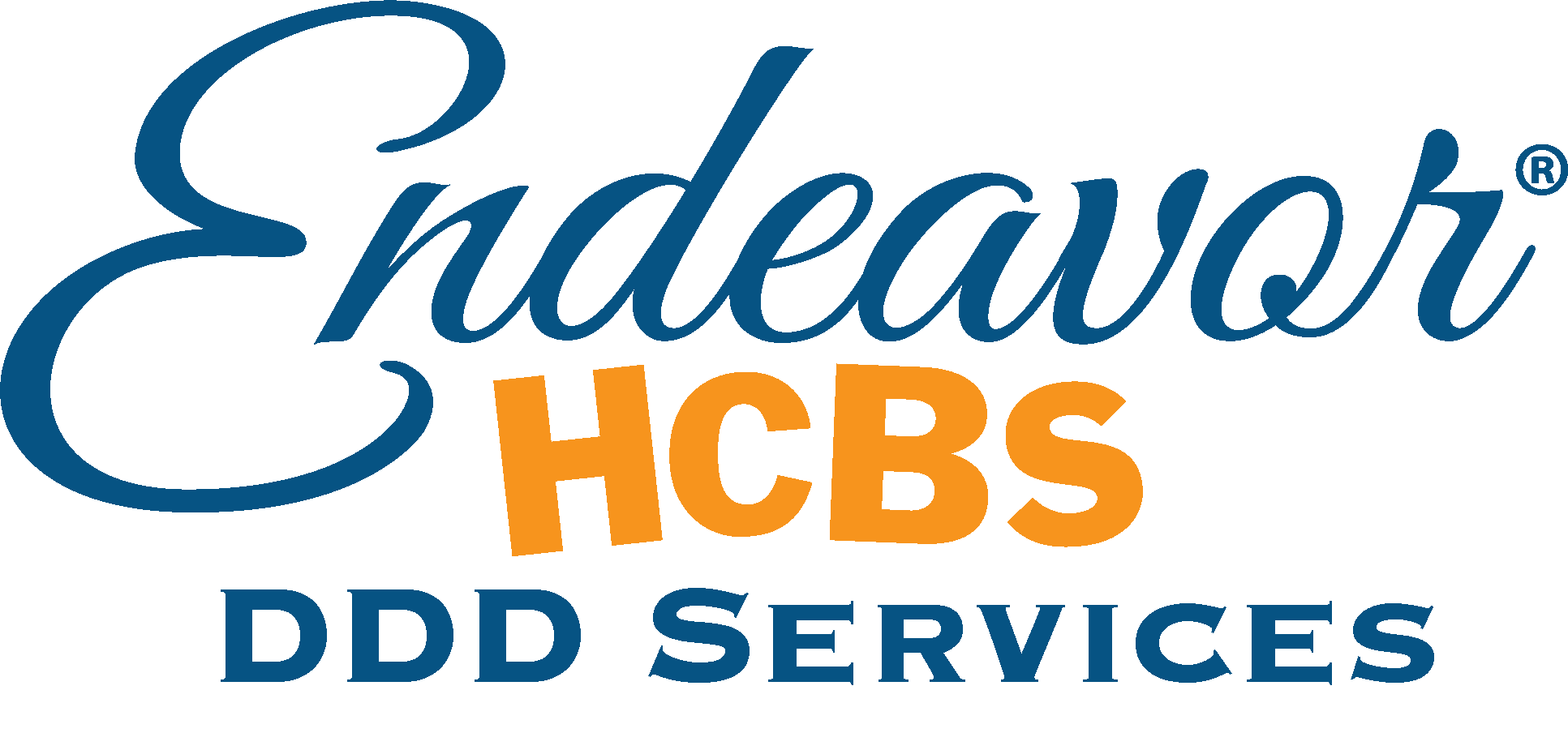Many of us have elderly parents or loved ones who live independently and seem to be doing well. At some point, however, you may have a nagging feeling that they aren’t faring as well as they seem to be. Something is wrong. Perhaps your loved one doesn’t need to be in a long-term care facility or even assisted living, but what are the signs they may need in home care ?

Your loved one may not need long-term care in a facility, but in home care may be a helpful option for many.
First, it might be something as small as a pile of unopened mail that grows daily. A review of the mail might reveal overdue bill notices. Consistently missing important appointments may signal that your loved one needs help. Another sign is a change in personal habits. Someone who has always been clean and neat may become disheveled and have body odor. This may mean she forgets to shower or is afraid to get into a tub. She may lose interest in activities or hobbies she has always enjoyed. You may notice that the home, which formerly was kept spotlessly, now is dirty and there might even be a smell of urine. Your loved one may show hesitation when doing familiar tasks, or even forget how to do them entirely.
Sometimes you will notice spoiled food in the refrigerator. That happens to all of us, but when it happens again and again, or when the loved one prepares and ingests the spoiled food anyway, there is a danger in not addressing the problem. Older people who live on a budget and who subscribe to “Meals-on-Wheels”-type programs may hoard leftover food, sometimes forgetting to refrigerate it.
A check of medications may show you a discrepancy. There might be more tablets than there should be ( forgetting to take the medication) or too few (taking too many). The medications may be out-dated. Another thing you might notice is unexplained bruises or scrapes (and dents on the car).
When you begin to notice these signs you may be frightened, but you needn’t be. Few people develop them all at once. Usually people who are experiencing some trouble that makes it difficult or dangerous for them to live unassisted can still function more-or-less independently with some help. For ideas on how to help your loved one deal with lessened abilities or for information on caring and dependable assistance at home, contact us.


